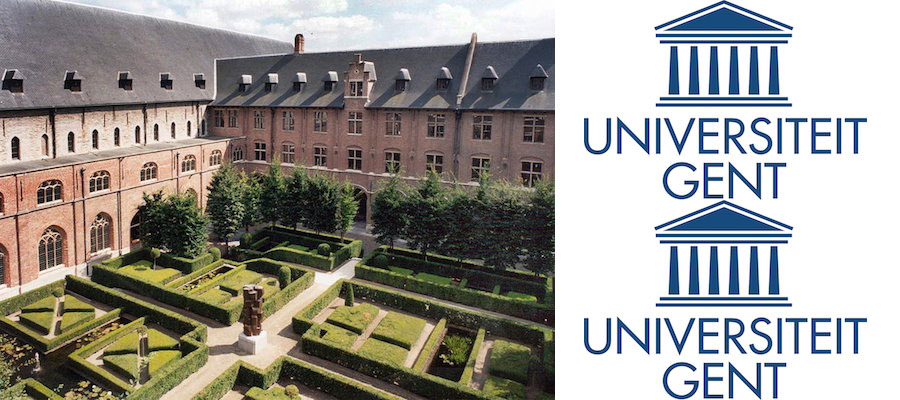The Department of Linguistics at Ghent University (Belgium) is seeking well-qualified applicants for a fully-funded and full-time doctoral research fellowship attached to the European Research Council Consolidator Grant project MELA. The meaning of language. A digital grammar of the Greek taught at schools in Late Constantinople. Prof. Dr. Andrea Cuomo, with his interest in the history of Medieval Greek and the reception of classical literature in Byzantium, is the principal investigator.
MELA primarily aims to create the first digital grammar of the Greek taught at schools in late Byzantium on the basis of textbooks for the teaching of Greek and their manuscript copies composed by (or within the networks of pupils, scribes, etc. of) scholars ranging from Planoudes (†1305) to Gregoras (†c. 1360). Overall, textbooks considered by MELA may be divided into the following categories: (1) works defined by author and genre (e.g. Planoudes’ Dialogue on Grammar); (2) lemmata on grammar that flowed into dictionaries (e.g. Moschopoulos’ Collection of Attic Words), provided with stylistic examples from model authors; 2a Comments on model authors; (3) scholars’ notes on grammatical topics; 3a anonymous treatises, sketches, reworked excerpts of larger works.
The successful applicant will write a doctoral dissertation in the digital humanities/Greek linguistics on the philological accuracy of the Greek text of the sources that constitute MELA’s digital grammar. MELA is an open-access searchable textual corpus database, created on the basis of textbooks for the teaching of Greek.
The successful candidate will have
- an MA degree in disciplines relevant to MELA: Greek philology/ Greek linguistics/ digital humanities;
- outstanding knowledge of Ancient and/or Medieval Greek;
- a demonstrable interest in Byzantine studies and training in the digital humanities;
- a strong knowledge of the literary and cultural history of post-classical Greek as evidenced by their study trajectory (optional courses, subject of papers and dissertations, letters of recommendation, etc.);
- excellent command of English and of at least one of the following languages: Dutch, German, French, Spanish, Italian, Greek, or Russian.
